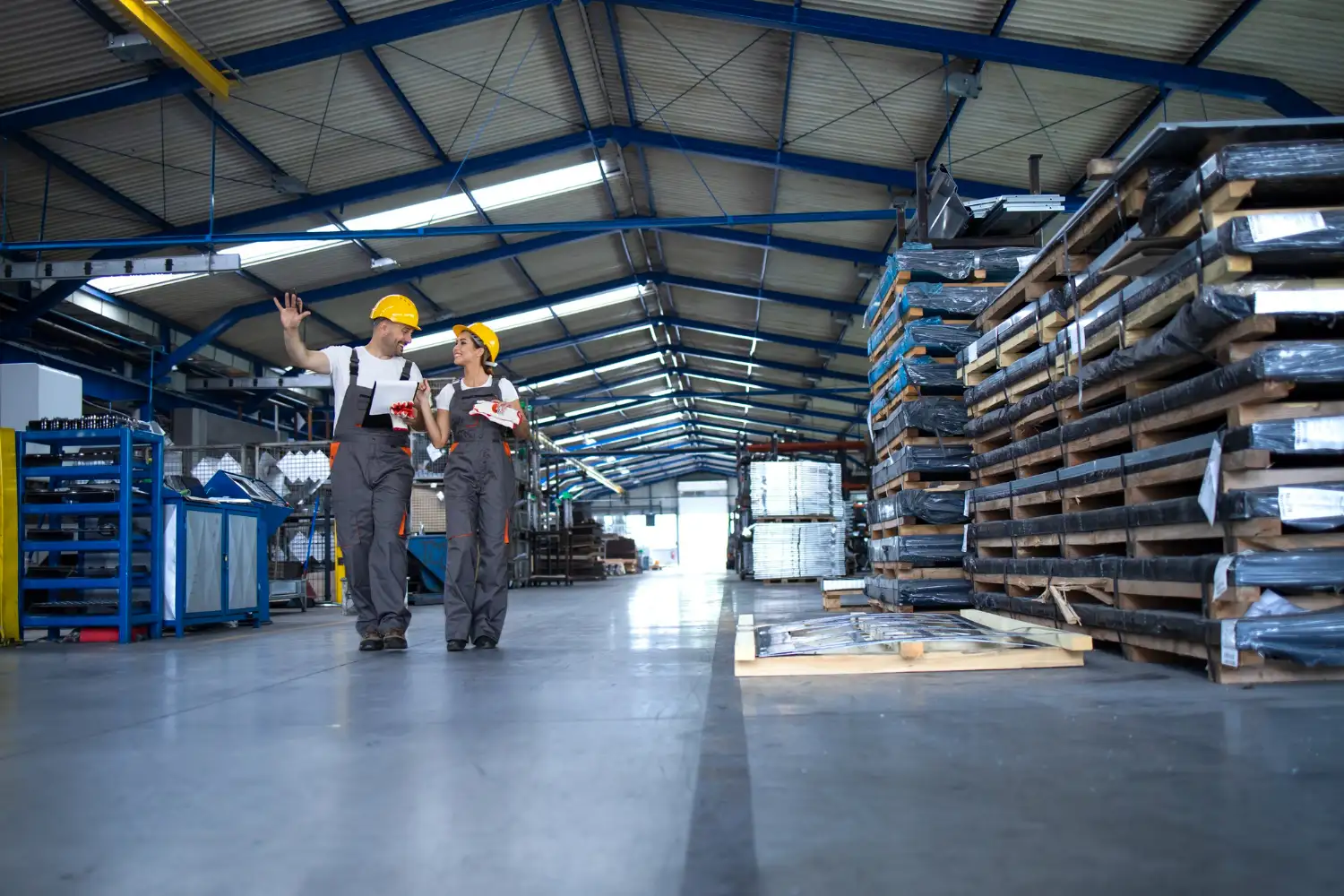How To Start A Building Materials Trading Business In Dubai
Ivan Tyler2024-10-31T10:34:12+00:00Dubai, a global business hub, offers a lucrative environment for entrepreneurs looking to venture into the building materials trading industry. With its booming construction sector, strategic location, and favorable government policies, Dubai presents a myriad of opportunities for businesses. This comprehensive guide will delve into the key steps involved in establishing a successful building materials trading company in Dubai, providing insights into the process, legal requirements, and potential benefits.
Understanding the Dubai Market
Before embarking on your business journey, it’s essential to grasp the dynamics of the Dubai building materials market. The emirate’s rapid urbanization and infrastructure development have created a consistent demand for a wide range of construction materials. From cement and steel to timber and electrical fixtures, the market is diverse and offers ample opportunities for businesses.
Key Market Trends and Opportunities:
- Infrastructure Projects: Dubai’s ambitious projects, such as Expo 2020 and the Dubai Creek Harbour, drive significant demand for building materials.
- Real Estate Development: The thriving real estate sector fuels the need for construction materials for residential and commercial projects.
- Government Initiatives: Government support for the construction industry, including incentives and regulatory reforms, creates a favorable business environment.
Choosing the Right Business Structure
Selecting the appropriate business structure is a crucial decision that will impact your company’s operations, legal obligations, and tax liabilities. The most common options in Dubai are:
- Mainland Company: Offers the flexibility to trade within the UAE market without restrictions, but requires a local partner holding a 51% stake.
- Free Zone Company: Provides 100% foreign ownership, tax exemptions, and simplified procedures. However, direct trade within the UAE market may have limitations.
Consider factors such as your business goals, desired level of control, and long-term plans when making your choice.
Legal Requirements and Business Setup
Setting up a building materials trading company in Dubai involves several legal procedures and documentation. The key steps include:
- Trade Name Reservation: Choose a unique and appropriate name for your business and reserve it with the Department of Economic Development (DED) or the relevant free zone authority.
- License Application: Submit the necessary documents, including passport copies, visa details, and lease agreement, to obtain a commercial license.
- Office Space: Secure a physical office or warehouse in Dubai to meet the licensing requirements.
- Memorandum of Association (MOA): Prepare and sign the MOA, outlining the company’s structure, objectives, and shareholder agreements.
- Initial Approval: Obtain initial approval from the DED or free zone authority to proceed with the setup process.
Sourcing and Supplier Relationships
Building strong relationships with reliable suppliers is vital for a successful building materials trading business. Consider the following factors when sourcing suppliers:
- Quality and Standards: Ensure suppliers adhere to international quality standards and certifications.
- Pricing and Terms: Negotiate favorable pricing and payment terms to maintain profitability.
- Reliability and Consistency: Choose suppliers with a proven track record of delivering products on time and in good condition.
- Network and Recommendations: Leverage industry networks and recommendations to identify potential suppliers.
Marketing and Sales Strategies
Effective marketing and sales strategies are essential to attract customers and generate revenue. Consider the following approaches:
- Online Presence: Develop a professional website and utilize digital marketing channels to reach a wider audience.
- Networking: Attend industry events, conferences, and exhibitions to build relationships with potential clients.
- Direct Sales: Establish direct contact with construction companies, contractors, and architects.
- Partnerships: Collaborate with other businesses in the construction industry to expand your reach and customer base.
Challenges and Considerations
While Dubai offers a favorable business environment, it’s important to be aware of potential challenges:
- Competition: The building materials market is competitive, requiring businesses to differentiate themselves through quality, service, and pricing.
- Regulatory Compliance: Adherence to local regulations, including import and export procedures, is crucial.
- Economic Fluctuations: Market fluctuations and economic downturns can impact demand for building materials.
Request a Free Consultation
Consult right now with our experienced team for complete solutions to your business requirements.









